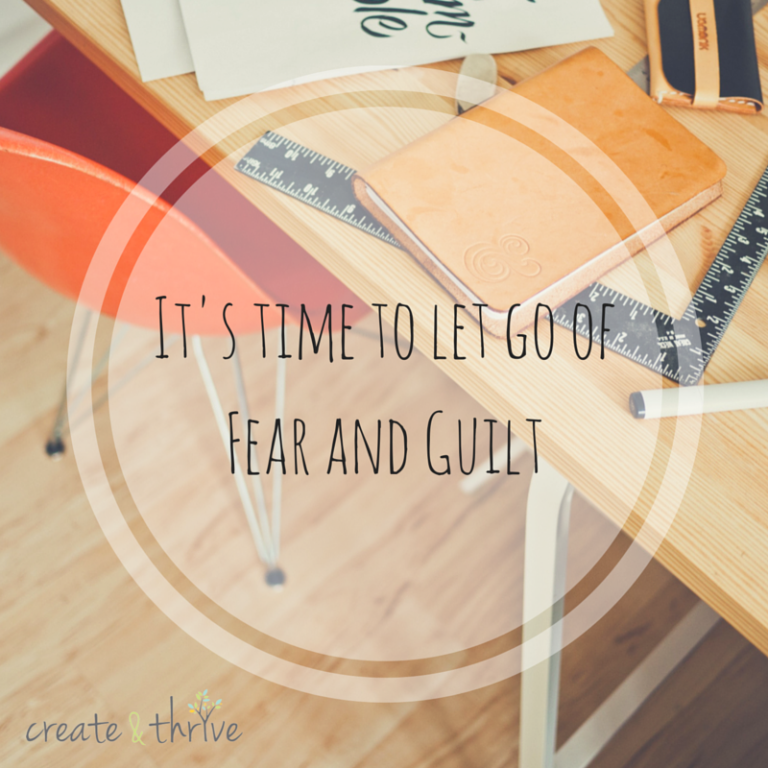

We keep these attitudes alive by believing in our insecurities as we go along in life. As we get older, we internalize these points of view as our own. It’s clear that there are many things that shape our critical inner voice, from negative attitudes directed toward us to attitudes our parents had toward themselves. What gave you that idea?” This practice helps a child establish a sense of self-worth. It’s awesome that you worked so hard on this. You are the best artist I’ve seen” and saying, “I love the way you used so many colors.

It’s the difference between saying “What a stunning picture. Because what the world needs is people who have come alive.”Īs the child pursues whatever interest makes them “come alive,” the parent should offer support and acknowledgment for the effort involved as opposed to focusing too much on the result. Ask what makes you come alive, and go do it. As author and civil rights leader Howard Thurman famously said, ““Don’t ask what the world needs. This activity must appeal to the child’s interest, not just the parents. The best way a parent can support their children is to allow them to find something that is unique to them – something that lights them up and that they will work to achieve. They may start to feel insecurity and lose a sense of their actual abilities.Ī healthy attitude for parents to maintain is to see themselves and their children realistically and to treat them with acceptance and compassion. Whether children are being shamed or praised, they are, most likely, not feeling seen by the parent for who they really are. Daniel Siegel, author of Parenting from the Inside Out, says the key to healthy attachment is in the four S’s, feeling safe, seen, soothed and secure. A lot of our issues with insecurity can come from our early attachment style. The reason for this is that children must feel seen for who they are in order to feel secure. Studies have even shown that exaggerated praise can be damaging to a child’s self-esteem. An intrusive parent can cause children to become introverted or self-reliant in ways that make them feel insecure or untrusting of others. A parent’s absence can leave children feeling insecure and believing there is something fundamentally wrong with them. I’m so fat.” These attitudes don’t even have to be verbalized to influence the child. “You’re so spaced out! Can’t you figure anything out on your own?” Then, imagine the negative comments and attitudes parents express toward themselves. Imagine a child being yelled at by a parent. So, what events or attitudes shape this inner critic? The experiences we have with our influential early caretakers can be at the root of our insecurity as adults. As we grow up, we unconsciously adopt and integrate this pattern of destructive thoughts toward ourselves and others.”

Lisa Firestone, who co-authored the book Conquer Your Critical Inner Voice wrote, “The critical inner voice is formed out of painful early life experiences in which we witnessed or experienced hurtful attitudes toward us or those close to us. This is called the “ critical inner voice.” Dr. There is an internal dialogue that accompanies our feelings of insecurity. Why am I so insecure? What causes insecurity? By understanding where this insecurity comes from, why we are driven to put ourselves down and how this viewpoint affects us, we can start to challenge and overcome the destructive inner critic that limits our lives.

Whether our self-esteem is high or low, one thing is clear we are a generation that compares, evaluates and judges ourselves with great scrutiny. What they found is that the most common self-critical thought people have toward themselves is that they are different – not in a positive sense, but in some negative, alienating way. Robert and Lisa Firestone used an assessment tool known as the Firestone Assessment for Self-Destructive Thoughts (FAST) to evaluate people’s self-attacks (or “ critical inner voices”) along a continuum. In their research, father-and-daughter psychologists Drs. A recent survey found that 60 percent of women experience hurtful, self-critical thoughts on a weekly basis. If you could enter the minds of people around you, even the narcissistic ones, you’re likely to encounter ceaseless waves of insecurity. In fact, there is one underlying emotion that overwhelmingly shapes our self-image and influences our behavior, and that is insecurity. But most of us don’t walk around feeling like we are all that great. We are told that technology and social media are giving us an inflated sense of self. Anxiety, Critical Inner Voice, Isolation and Loneliness, Self Development, Self-Destructive Behavior, Self-Esteem


 0 kommentar(er)
0 kommentar(er)
